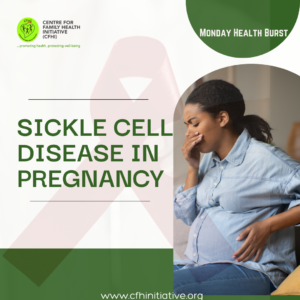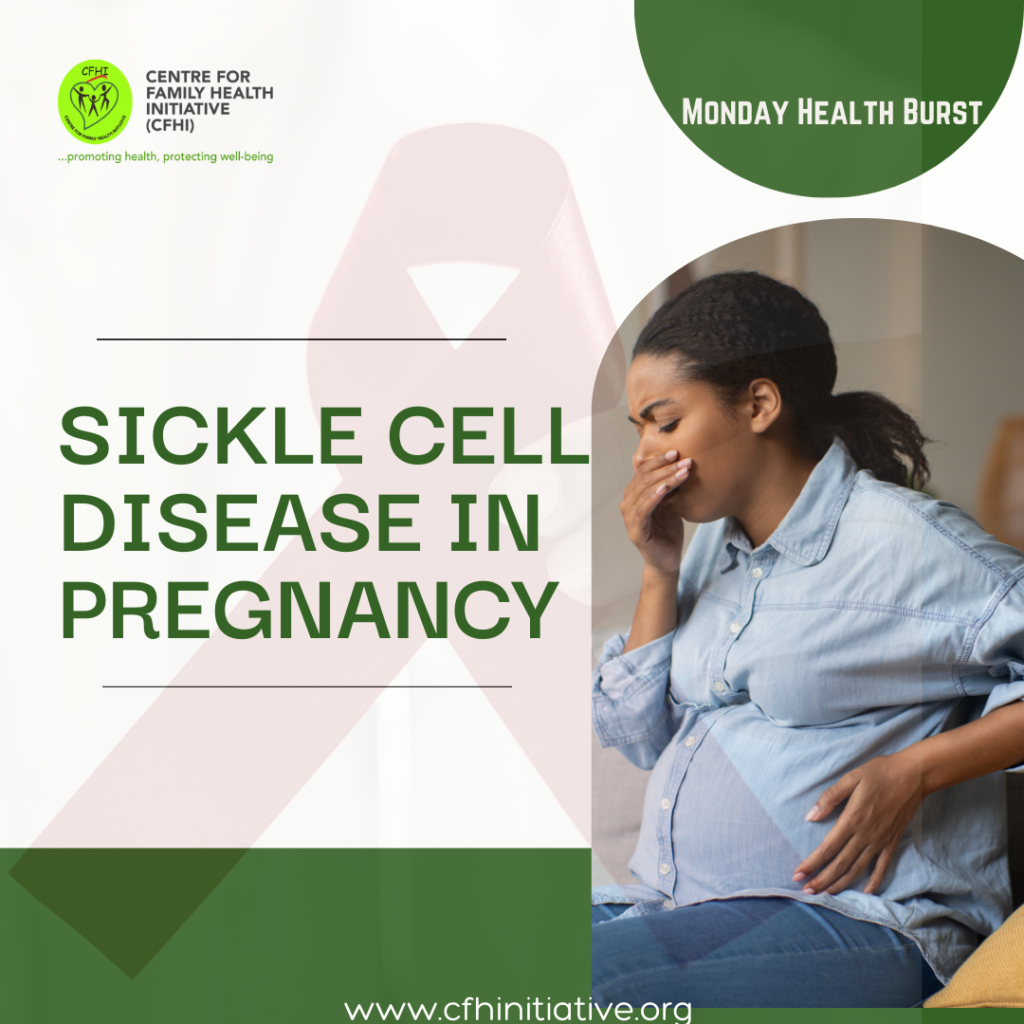Sickle Cell Disease (SCD) is a genetic blood disorder characterized by the production of abnormal hemoglobin, known as hemoglobin S, which causes red blood cells to assume a rigid, sickle-like shape. These sickle-shaped cells are less flexible and can block blood flow in small blood vessels, leading to pain, organ damage, and increased risk of infection. While SCD presents significant challenges for individuals throughout their lives, pregnancy adds an additional layer of complexity, requiring careful management to ensure the health and safety of both mother and child.
Pregnancy in women with Sickle Cell Disease is considered high-risk due to the potential complications that can arise. The disease can affect almost every aspect of pregnancy, from conception to delivery, with the most common issues including:
Painful Crises: Sickle cell crises, also known as vaso-occlusive episodes, can occur more frequently during pregnancy. These crises are characterized by intense pain, often in the bones, joints, and abdomen, and are caused by the blockage of blood vessels by sickled cells. The stress of pregnancy, along with physiological changes, can trigger these episodes, posing risks to both the mother and the fetus.
Anemia: While anemia is common in all pregnancies, it can be more severe in women with SCD. The sickled red blood cells have a shorter lifespan, leading to chronic anemia, which can worsen during pregnancy. Severe anemia increases the risk of complications such as preterm birth, low birth weight, and intrauterine growth restriction.
Preeclampsia: Women with SCD are at a higher risk of developing preeclampsia, a condition characterized by high blood pressure and damage to other organs, most often the liver and kidneys. Preeclampsia can be life-threatening for both mother and baby if not managed properly, and it may necessitate early delivery.
Infections: SCD increases susceptibility to infections, including urinary tract infections (UTIs) and respiratory infections, which can complicate pregnancy. The spleen, often damaged or non-functional in individuals with SCD, plays a key role in fighting infections, making these women more vulnerable during pregnancy.
Fetal Complications: The fetus is also at risk when the mother has SCD. There is an increased likelihood of miscarriage, stillbirth, preterm delivery, and low birth weight. Moreover, there is a risk that the child may inherit SCD or be born with the sickle cell trait if both parents carry the gene.
Given the potential risks, it is crucial for pregnant women with SCD to receive specialized care from a multidisciplinary team, including obstetricians, hematologists, and pediatricians. The management of SCD during pregnancy involves several key strategies: preconception counseling, regular monitoring, pain management, prevention and treatment of infections, management of anemia, and delivery planning.
Sickle Cell Disease presents significant challenges during pregnancy, but with careful management and comprehensive care, many women with SCD can have successful pregnancies and deliver healthy babies. Early intervention, regular monitoring, and a multidisciplinary approach are key to minimizing risks and ensuring the best possible outcomes. Awareness and education about SCD in pregnancy are vital to empowering women with the knowledge and resources they need to navigate this journey safely.


